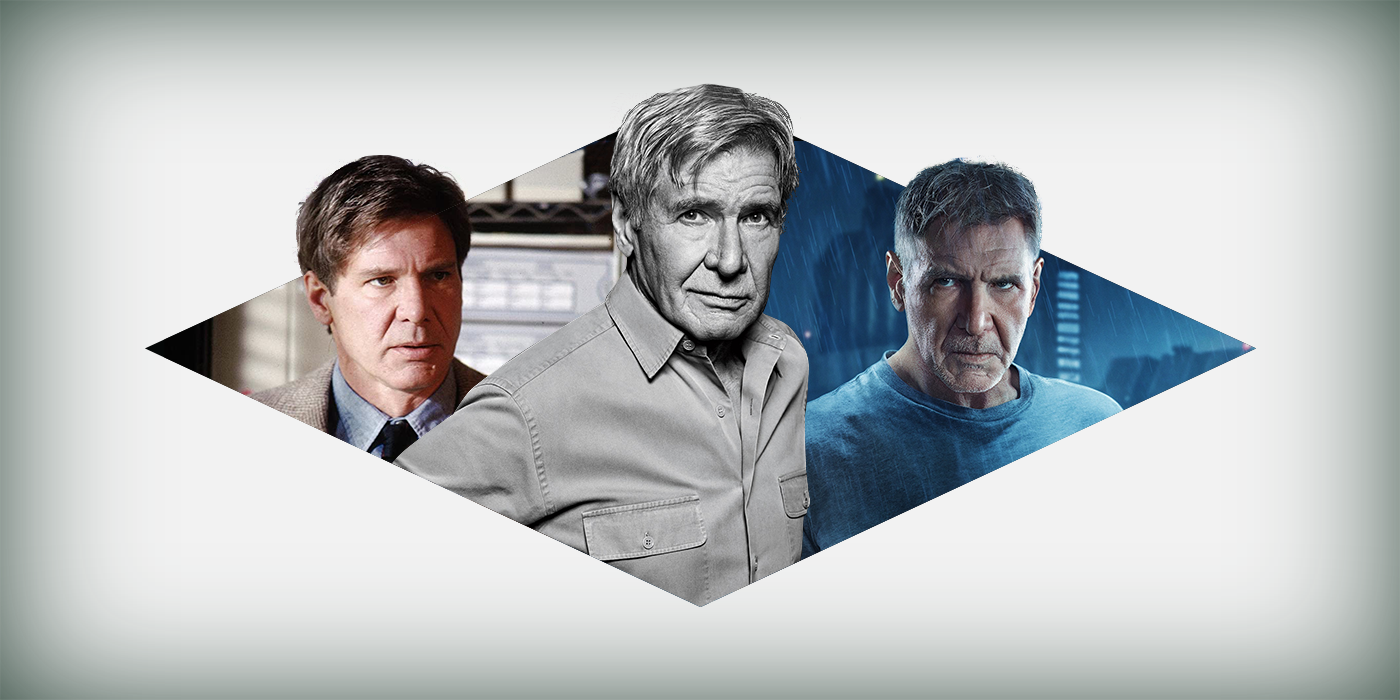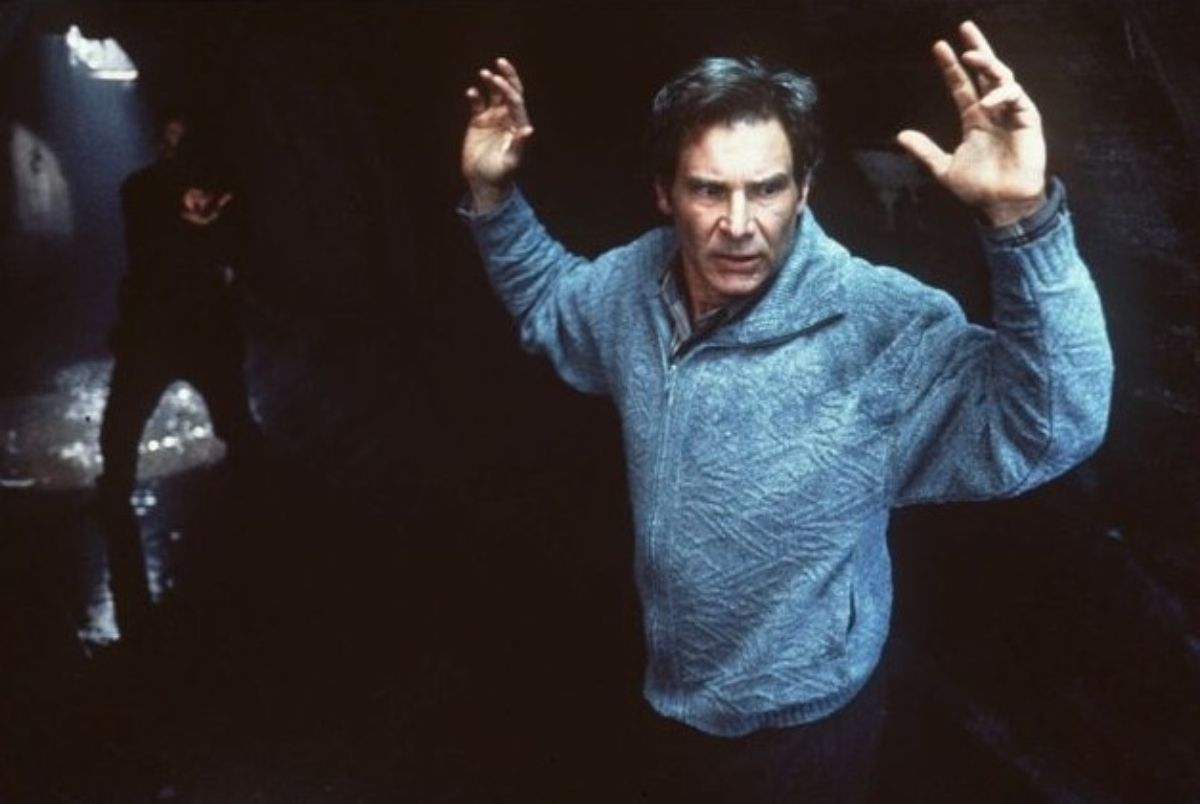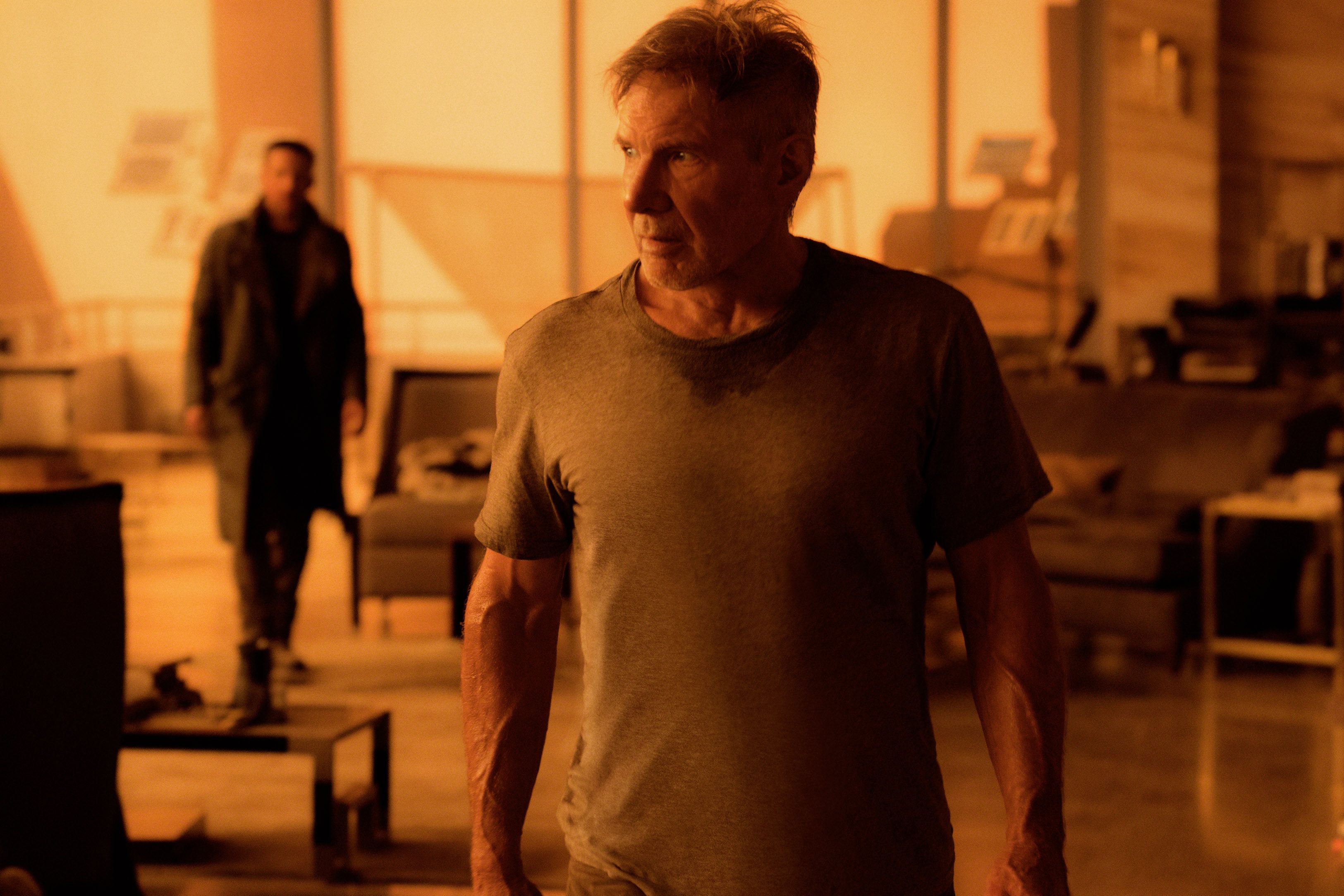The only thing more surprising than Harrison Ford only being nominated once in his entire career for a Best Actor Academy Award (1985’s Witness) is that he was snubbed twice for great performances in two of his best films: The Fugitive and Blade Runner 2049.
The former was one of the iconic actor’s biggest and best hits — and the only movie based on a TV show in Oscar history to be nominated for Best Picture. The latter was one of the most anticipated and underrated sci-fi sequels ever. Both Warner Bros. films are load-bearing columns of Ford’s career, showing the former action star’s growth as one of Hollywood’s most underrated actors.
If you want to check out these Oscar-snubbed performances in all their glory, check out the Movies Anywhere ‘Biggest. Offer. Ever.’ at MoviesAnywhere.com/bonusoffer. For one week only (from April 6th through April 12th), you can purchase from thousands of movies and choose an eligible bonus movie* from Movies Anywhere. So if you purchase Blade Runner 2049, you can choose The Fugitive as your bonus movie.
In The Fugitive, Ford perfects his “blue-collar action hero” brand that defined his career in the 90s with one of the most sympathetic heroes ever made, Dr. Richard Kimble. Struggling to prove his innocence after being falsely accused and convicted for the murder of his wife, Kimble is forced to go on the run in search of his wife’s killer. In doing so, Ford delivers peak “less-is-more” acting here; he is one of the few leading men who can sell thinking on screen, or immense pain and anguish with the slightest of facial expressions. In between the blockbuster film’s thrilling and white-knuckle action set pieces, Ford makes Kimble someone audiences can’t help but root for. Director Andrew Davis mines that inherent likability for maximum emotional spectacle and tension. Especially in a scene late in the second act when Kimble, posing as a hospital janitor, risks getting caught to help an injured teen. Even with his own life at risk, he can’t help but save others.
And Ford effortlessly sells that selfless aspect of the character with a performance that is a perfect mix of vulnerability and relatability. It calls back to the everyday heroes Hitchcock employed in films like North By Northwest, and serves as a sharp (and welcomed) contrast to the era’s then-reliance on seemingly invincible action heroes made out of biceps and one-liners. What’s refreshing about Ford’s work as Kimble is that he isn’t a superhero; he’s just a grieving widower playing detective in his own case. Armed with only his smarts and tenacity, if Kimble can’t find a solution, he makes one. His relentless pursuit of the truth — because what else does he have to lose? — endears him to the audience as an underdog of sorts, especially with the equally-determined U.S. Marshal Sam Gerard (Oscar-winner Tommy Lee Jones) in hot pursuit. Their chemistry is as palpable as their tension, which gives Ford the rare opportunity to play a hero literally struggling to stay one step ahead of his adversary. A hero whose happy ending isn’t a forgone conclusion. When Kimble does catch his wife’s killer, with Gerard surprisingly becoming his ally in the process, Ford sells the relief of that hard-earned and tragic victory with (shocker) just a look. One that contains the exact amount of whatever the scene needs to hit audiences in all the feels. It is an all-timer performance that holds up just as well as the movie does.
Blade Runner 2049 gives Ford another opportunity to express a similar kind of vulnerability, but in a different and more nuanced way, with the return of ex-Blade Runner (and possible Replicant) Rick Deckard. Long gone are Deckard’s nights hunting sentient androids on the neon, rain-slicked streets of a futuristic Los Angeles. Instead, Deckard is a haunted figure forced to hide out in what’s left of a radioactive Las Vegas. Regret clings to him like a disease, purpose all but extinguished from his eyes, as Deckard is a fugitive of sorts here, too. He evades his past, soul-sick by the secrets and grief that come with it — all stemming from his last case, which has finally caught up to him when Detective K (Ryan Gosling) tracks him down. The “skin job”-turned-Blade Runner, hunting his own kind, needs Deckard’s help in solving a case that could either upend the already-fragile state of humankind or send it on a stronger, brighter path when evidence points to a new type of Replicant in the world — one born, not made, from both human and machine. That future is tethered to Deckard’s past, and Ford masterfully sells the realization that comes with the potential of one last shot of redemption.
This take on Deckard allows Ford to flex some acting muscles fan’s haven’t really seen him express before. Ford has never played “broken, not sprained” like this, especially in science fiction. This aspect makes Blade Runner 2049 all the more appealing and refreshing as a sequel in that it provides new and compelling emotional territory for the actor to explore. That exploration results in a gut punch of a scene, and a career-best for Ford: Deckard’s reunion with his long-deceased Replicant lover, Rachael (Sean Young, seen here de-aged by CG).
The very source of all his tragedy stands before him in a newly-forged android body, made by the villainous inventor Wallace (Jared Leto). She serves as a tempting offer to Deckard: Tell Wallace what he wants to know about the Replicant-human hybrid with ties to Deckard, and the former cop can have a second chance with the love of his life. In a heartbreaking scene, Deckard reluctantly turns the offer down. And moments later, through sad and angry tears, Deckard all but breaks down when confronted with the notion (and popular fan theory) of whether or not he is a Replicant. Eyes streaming, Deckard seemingly pleads with himself that he knows “what’s real,” that he is indeed human. Ford plays this beat with a delicate but gut-wrenching mix of conviction and doubt. Fans have debated Deckard actually being a human for over 30 years; 2049 is the first time the character is confronted with it this way. Ford is more than game for the challenge, in playing this scene as a human desperate to believe what he says is true, even though some part of him believes it may not be the truth.
Ford has found significant success in action movies; he is a character actor in a leading man’s body. He excels at creating characters we laugh with but never at; heroes who can run, jump, punch and fall down in ways audiences can easily invest in and sympathize with. Whether those characters are running from the law or barely surviving in a dystopian future, the only constant is Ford’s ability to subvert audiences’ expectations about him by crafting increasingly-nuanced performances that only get better with repeat viewings. You can enjoy those repeat viewings now, but to get The Fugitive as a bonus film, you better act quickly: the Movies Anywhere ‘Biggest. Offer. Ever.’ ends on April 12th.
*LIMITED TIME ONLY. RESTRICTIONS APPLY. Offer expires at 11:59 PM EDT on April 12, 2021. Registration with Movies Anywhere required. Open to U.S. residents 13+. You must purchase a Movies Anywhere-eligible movie from a digital retailer that is linked to your Movies Anywhere account. For complete details, visit MoviesAnywhere.com/bonusoffer.
This article is presented by Movies Anywhere. Movies Anywhere is a trademark of Movies Anywhere, LLC. © 2021 Movies Anywhere.



